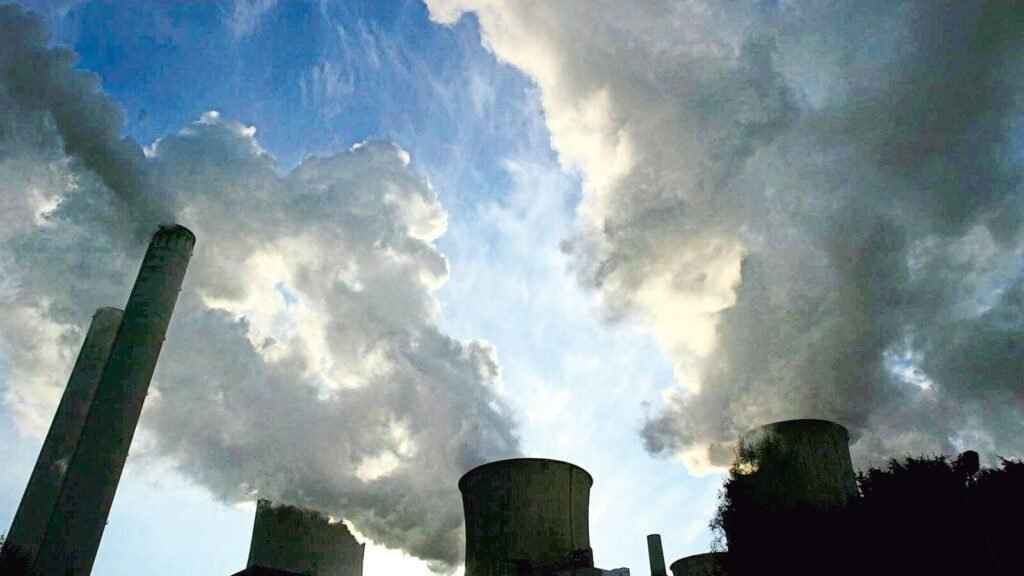India-US low carbon cooling initiative announced, to mobilize $1 billion for super-efficient cooling technologies

New Delhi: The United States Agency for International Development on Tuesday announced an India-US low carbon “comfort and cooling collective initiative”, aiming at mobilizing $1 billion for super-efficient cooling technologies by 2030.
Along with this, two other initiatives—US-South Asia Mayoral Platform on Clean Energy and Sustainable Cities and Clean Energy Investment Facilitation Platform—were announced.
These aim to advance south Asia’s clean energy transition, promote sustainable economic growth, diversify clean energy supply chains, and reduce carbon emissions, the embassy said in a press release.
South Asia most vulnerable to constant weather shocks
This assumes significance as South Asia, including India, is the most vulnerable to constant weather shocks and as it tries to improve energy security and create opportunities for economic empowerment, driving progress toward global climate goals.
Inaugurating South Asia Clean Energy Forum of the United States Agency for International Development (USAID) and launching these three initiatives on Tuesday in Jaipur, Eric Garcetti, US Ambassador to India said, “South Asia has positioned itself as one of the most influential regions in devising creative solutions to its challenges. The new initiatives reaffirm the United States’ commitment to partnering with countries in the region to address the urgent climate crisis through transformative action. By working together, we have an extraordinary chance to protect our planet, our people, and build our prosperity for generations to come.”
The US-South Asia Mayoral Platform on Clean Energy and Sustainable Cities aims to empower local leaders to lead municipal clean energy transitions; the US-India Low Carbon Comfort and Cooling Collective targets to mobilize $1 billion for super-efficient cooling technologies by 2030; and the Clean Energy Investment Facilitation Platform is designed to connect investors with clean energy companies and close the financing gap for clean energy projects.
These initiatives, supported by the USAID through its South Asia Regional Energy Partnership (SAREP), aim to advance the region’s clean energy transition, promote sustainable economic growth, diversify clean energy supply chains, and reduce carbon emissions.
India aims to reach net zero by 2070, while to keep global warming to no more than 1.5°C—as called for in the Paris Agreement—emissions need to be reduced by 45% by 2030 and reach net zero by 2050 worldwide.
The American press release quoted Heeralal Nagar, Rajasthan Minister of State for Energy, as saying, “Given the rapid economic growth in South Asian countries, prioritizing clean and renewable energy sources is the need of the hour. Collective efforts are essential to effectively combat the global challenges of climate change and ensure public access to renewable energy. I am confident that the discussions at the South Asian Clean Energy Forum will shape future energy policies.”
The South Asia Clean Energy Forum serves as a platform for collaborative solutions to meet these challenges, unlocking new economic opportunities and fostering regional cooperation. The event is convening leaders from across the region to tackle the mounting challenges posed by climate change, including rising temperatures, energy demands, and the need for resilient infrastructure.








